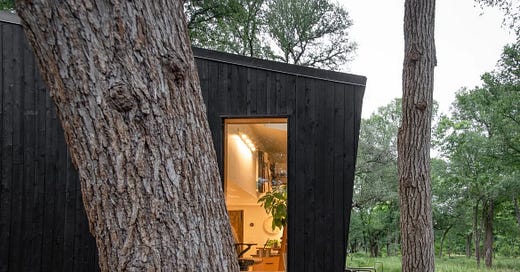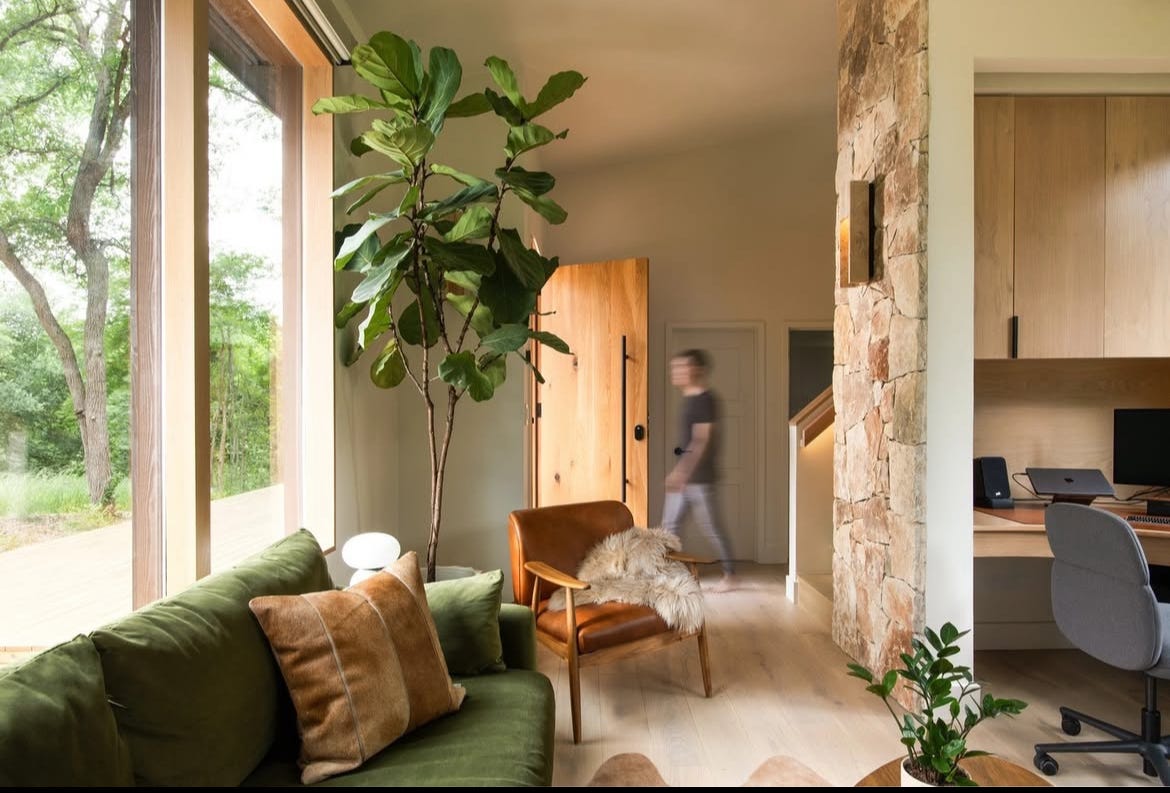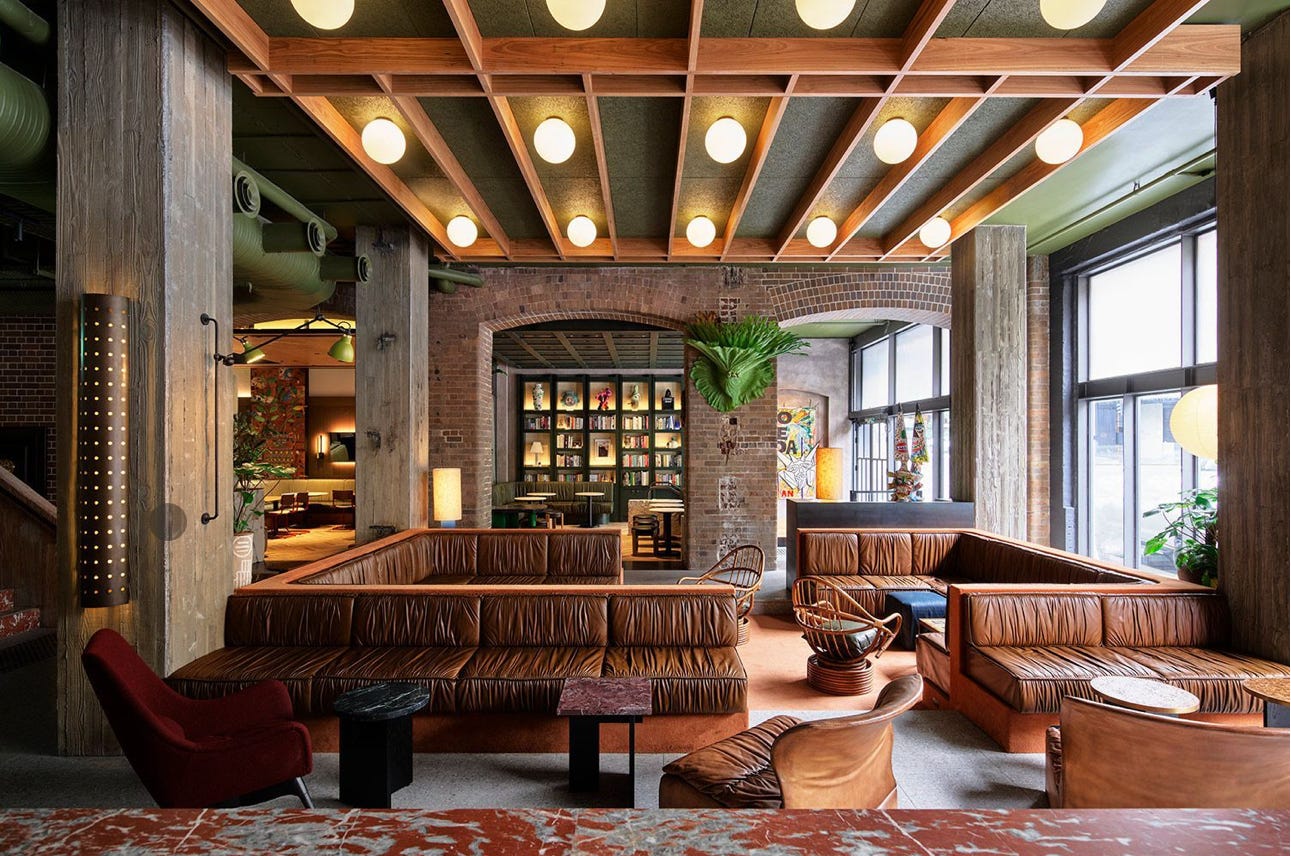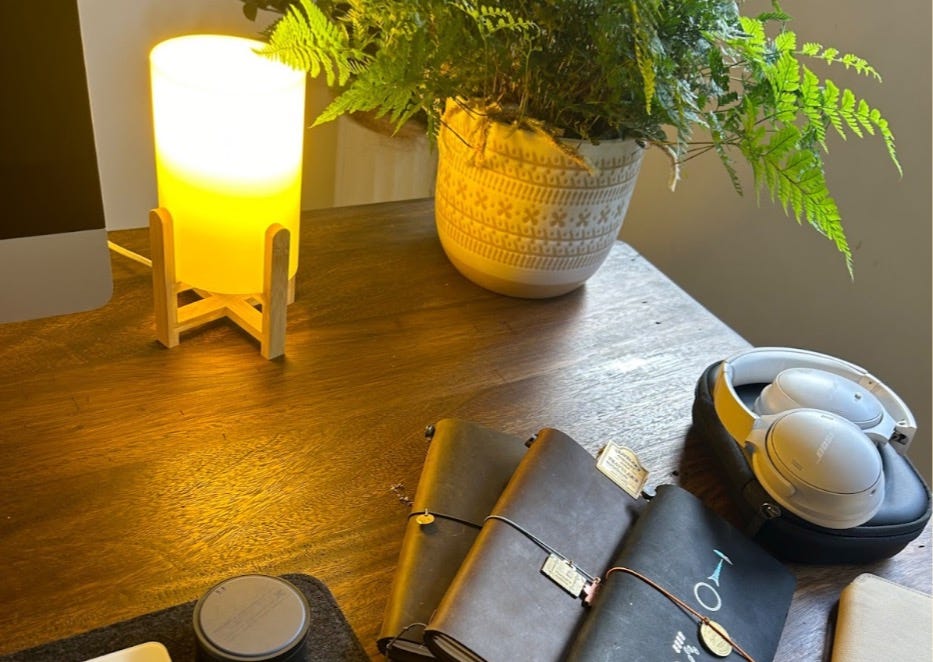A mentor once said to me that his entire approach to work was centred around doing work he liked, with people he liked, in places he liked. More than likely, this was the start of a chain of events that led me to my PhD in how the work environment influences us.
Almost every job I had earlier in my career failed on at least one of these criteria. Nice people but the work sucked. Interesting work in fantastic offices with a barista on hand and views of the Hudson River. But the culture was a literal rendition of Hunger Games. Almost every leader seemed to have been promoted for being able to tick one of the boxes of the dark triad - narcissism, Machiavellianism or sociopathy.
And pre-covid, the ability to adjust your workday to suit what you needed to do your best work was practically non-existent. For too many, it still is.
This is where we need to start. Leaders lament with surprise that engagement and productivity continue to decline at the same time they are forcing people back to the office to fit their (unsupported) worldview of how everyone should work.
The rise in dark triad leadership (managers who are narcissistic, Machiavellian, or sociopathic) is a far more significant problem in organisations than is being discussed. Anyone who has worked for a dark triad leader will understand how soul destroying it is.
If we are looking for answers about why people are choosing non-traditional career paths, opting out of the corporate ladder and choosing to work for themselves, this is a huge contributing factor.
And even if they like their work, when employees need to spend as much or more time writing reports and giving updates in meetings on what they have done than the time it took to do the actual work, the system is fundamentally broken. I read a report this week where a manager reported on the emails he had responded to. I wish I was joking.
But what if we adopted a new lens through these three principles of work we like, with people we like, in places we like as a new standard?
On each of these pillars there is a raft of evidence that means that not only will engagement and productivity (this is no longer the right metric for knowledge work but that’s for another article) increase, but so will team cohesion, well-being, customer service and organisational outcomes.
If we take the time to read neuroscience research and still believe that humans can create high value cognitive work sitting at a desk in an open-plan office continuously for eight hours a day we are truly deluding ourselves.
The places I like part of this analogy may be the easier to start with.
Much of the way we work is unnecessarily designed to result in people living lives of quiet desperation. Hours of commuting to places that don’t support doing our best work. Sitting in meetings that achieve nothing.
I’m so inspired by the work of Isaac French who built this stunning work/art studio and retreat behind his home that incorporates everything I have found to be important in eight years of empirical research. It’s immersive, tactile, biophilic, restorative, flexible and absolutely beautiful. Isaac’s mission to craft places that people love should be the starting point for the design of every workplace.
This is what workplaces should be like. We can design for people to leave at the end of the day better (mood, mental and physical health, creativity, connection, meaning) than when they arrived.
We can’t all have a studio like this in our backyard (however having one is a new goal of mine), but we can find these elements in other spaces and places in our cities in libraries, cafes, hotel lobbies and coworking spaces.
The dimensions of different spaces will support the type of tasks we need to do. We should select where we are going to work based on what we require for the task we have at hand. Do we need divergent thinking? The ability to focus deeply without interruption? Collaboration or building relationships amongst our team?
To perform optimally, all of these tasks require different settings. The best workplaces provide a range of settings that will do this, that incorporate natural light, views, optimum air quality and temperature, visual and auditory privacy, beauty, natural materials, biophilic design, metaphorical fireside collaboration areas, and cognitive scaffolding.
If your office doesn’t have this, petition for the autonomy to choose to work from spaces that will support these different tasks. If you aren’t sure what these spaces might be, go on a work adventure. Try out different spaces and see how they enhance or detract from the task. You’ll soon notice where you feel most creative and what type of conditions you need for deep focus.
And if this isn’t available, we can amend our individual workspace in the smallest ways. Buy a plant (preferably several), introduce art, buy an air purifier, get a desk lamp, buy beautiful pens and stationery.
We need to ask different questions and have new conversations around what would help people to perform at their best. Eight hours sitting at a desk in an office with poor air quality and an inability to control visual and auditory distraction will not only reduce our cognition by 20% but also increase our physiological stress by 34% and make us in a 25% worse mood.
These are the conversations we should be having. What impact does that have on us as individuals and on the metrics organisations care about? Why aren’t we asking these questions instead of assuming everyone is playing golf or watching TV if they aren’t chained to a desk in an office after a 90 minute commute?
And the conversations and the steps we can take aren’t limited to our physical space. Our virtual spaces impact us significantly. I hate Teams. I’ve recently discovered MyMind. I use it as a virtual commonplace book and repository for the unconscious iterative deep flow that is the breeding ground for new ideas and absolutely love it.
Take a few minutes this Sunday to think about how you might implement this in your week. Take out your calendar and apply this lens. Do I really need to be in that meeting? Am I meeting that person out of a sense of obligation or because lots of meetings and busywork is an accepted proxy for progress in my organisation? Is this task really necessary?
What is the opportunity cost of that lost time? Of being in a space that gives you a headache? And of spending time with people or doing tasks that don’t support or inspire us to create the work that really matters?
Libby x
P.S. I’ll be in Tokyo in April and will definitely spend some time working from this incredible cafe.
P.P.S. Special thanks to the mentor I mentioned, Matt Church, whose way of thinking and questioning things has significantly influenced my career and approach to life.
P.P.P.S New episode of The Floorplan podcast on how to successfully implement a compressed work week (even in professional services) is out now. Listen here:
🎧 Apple
🎧 Spotify








